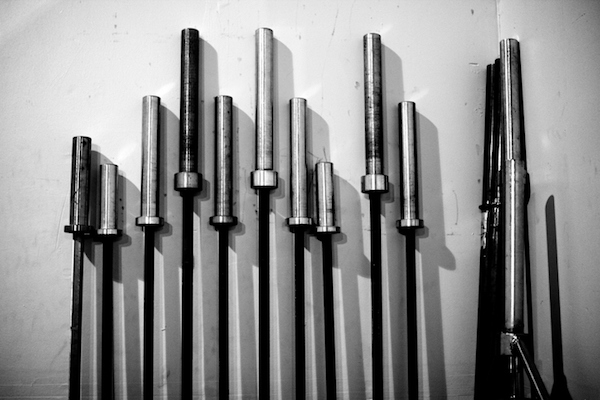
“Turning Off the Faucet” – The Importance of Prevention
It's extremely important for a doctor and patient to work as a team, especially when it comes to chronic disease prevention.
In my opinion, it’s best for a doctor to get to know his/her patients and to work as a team (with any given patient). Moreover, no matter where a patient stands on the healthcare spectrum, the topic of prevention should always be a priority.Understandably, we live in the “real world” and real world problems need to be solved with real world solutions. But keep in mind that healthy habits usually lead to healthier results and the sooner those healthy habits can be incorporated, better outcomes can be expected.
“Mopping the Floor”
Dr. Steven Lome (cardiologist), recently wrote an inspiring blog post entitled “Talk to Patients, Turn Off the Faucet”. In the post, he urges other doctors to “not make the mistake of thinking patients won’t change their lifestyles to treat their condition.”Although Dr. Lome speaks from a cardiologists perspective and typically deals with heart disease, his suggestions can absolutely be applied to eye care. He starts by explaining the process of “Mopping the Floor…”
“The sink is turned on and the drain is plugged. The sink starts to overflow, spilling water all over the floor. We, as health care providers, tend to just mop the floor. When the blood pressure goes up, we give an anti-hypertensive medication. When the cholesterol is high, we give a statin. When the blood sugar goes up, we give medications for diabetes. All of this is Mopping the Floor.”
From what I’ve experienced, the process of mopping the floor in regards to any systemic disease can be a repetitive cycle where positive results may or may not be attained. In my profession, I tend to witness this cycle with diabetic eye disease.
“Turning Off the Faucet”
Dr. Lome then explains Turning Off the Faucet, “The very first moment the sink starts to overflow, what should we do? Turn off the faucet, of course. If you just turn off the faucet, there will be no water overflowing onto the floor and no mopping will be needed. What is the faucet in this analogy? The diet and lifestyle of the patient.”
In my opinion, this analogy is quite easy to understand. If the drain is clogged and the faucet continues to run, it’s only a matter of time before the mess gets out of control. From a health perspective, the running faucet can be anything from poor nutritional habits, to a sedentary lifestyle, to a lack of sleep, (etc). And we all know how quickly these situations can get out of control. If the running faucet doesn’t get turned off, the floor will continue to need “mopped up” (medications, surgeries, other procedures, etc). And the vicious cycle continues until it can continue no longer.
Live in Your OcularPrime:
Kudos to Dr. Lome for coming up with a brilliant, yet simple way to approach the topic of prevention for doctors and patients alike. Certainly, we all can take a page from his book. I, for one, try to make a conscious decision to speak about prevention with as many patients as possible, but sometimes it’s not easy to find the right words to say. As far as the eyes are concerned, many diseases occur with age and can be associated with poor nutrition and lifestyle habits. That said, it’s always best to prevent a disease while a disease can be prevented.
I’ve recently tweeted out a few articles that discuss different topics of prevention. Those links are as follows:
- Improvement of Nutritional Habits
- Reduction of Sugar Consumption
- Importance of a Functional Fitness Routine
- Problems Associated with a Lack of Sleep
Preventative measures to maximize eye health include:
- Regular Eye Exams
- Protection from UV Rays
- Proper Diet & Exercise
- No Smoking







